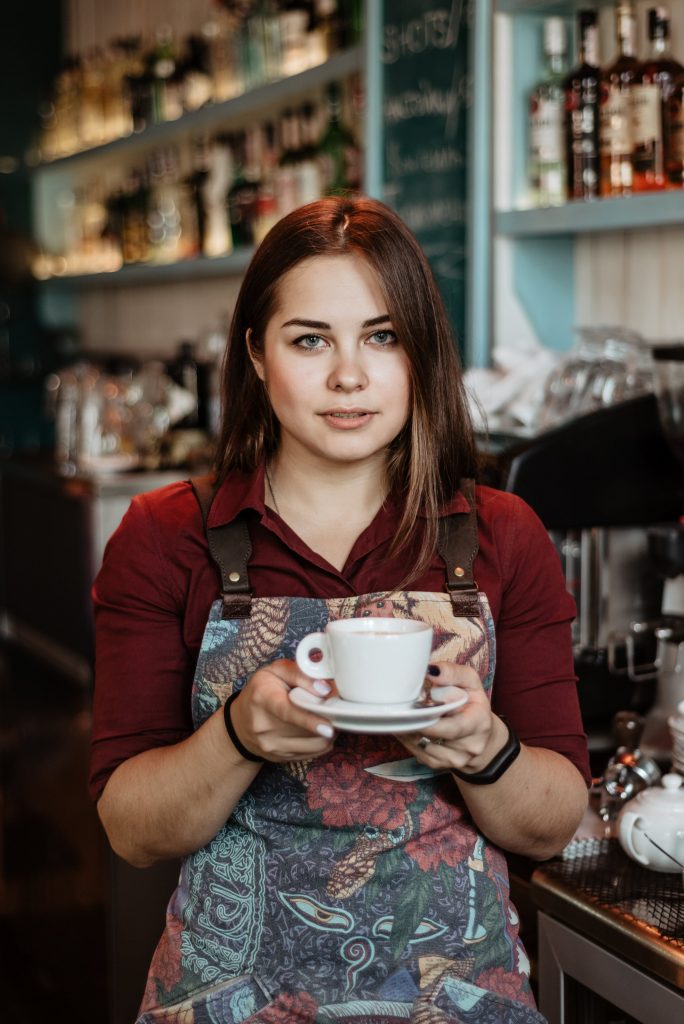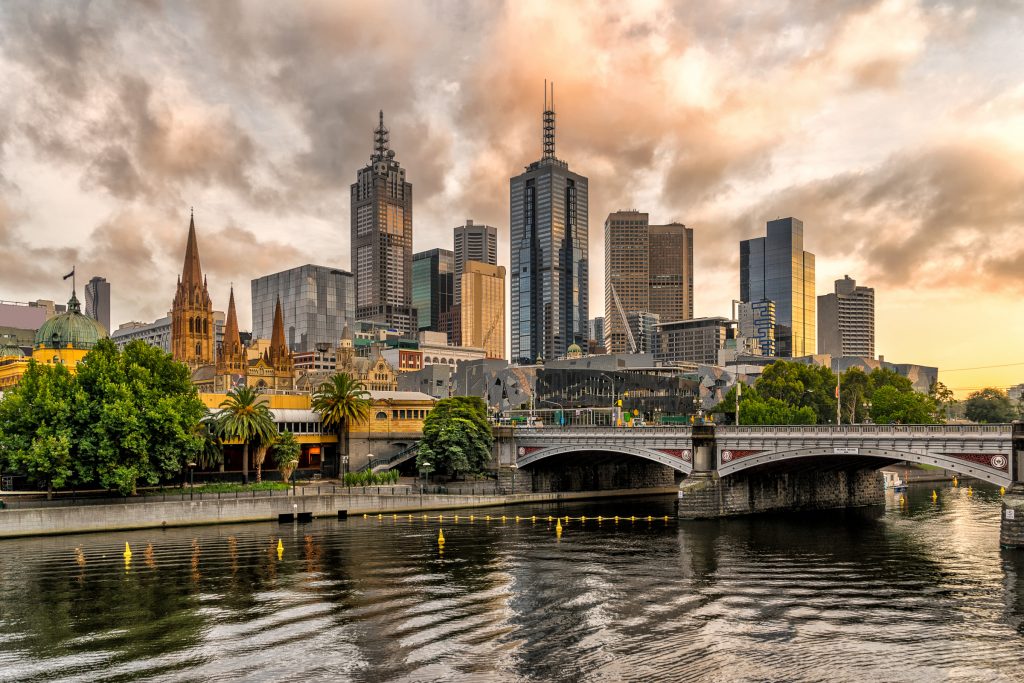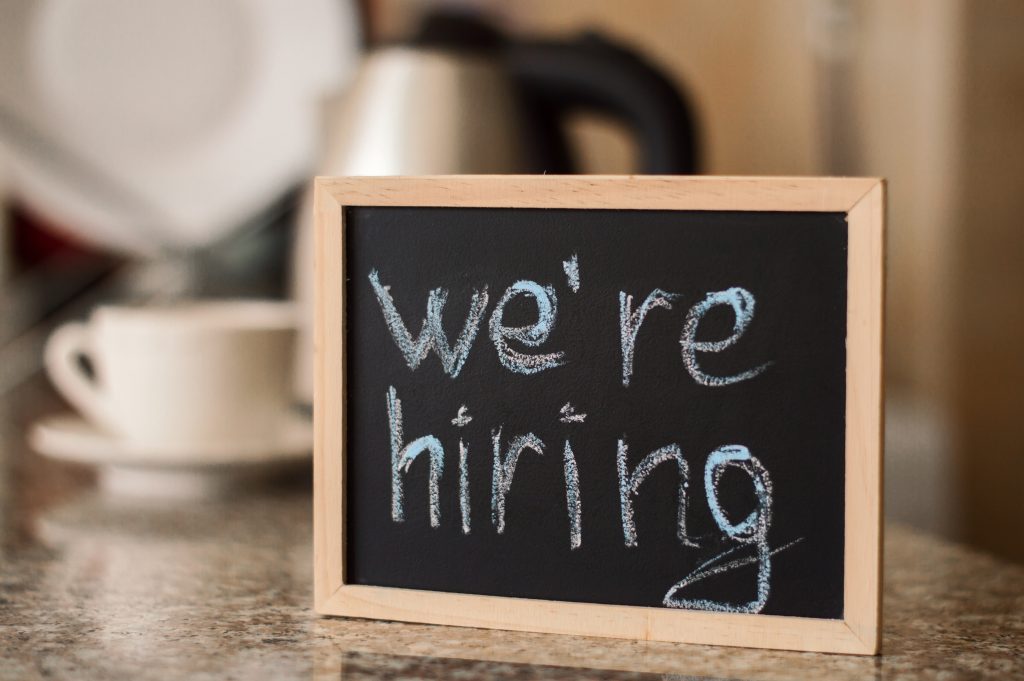
COVID – why some businesses survived, and others didn’t
The latest curve-ball pitched to me by our Social Media team was a request to answer the question above – why did some businesses survive COVID – and others not?
Clearly, if we’re looking across the board, then the simple answer is that businesses in essential services, building & maintenance, anything in online communication and suppliers of all manner of bits & pieces to feed the “workshop project” frenzy did exceedingly well. However, if we stick to our core industry sector – hospitality & catering – then it’s a more difficult question to answer.
On the whole, it’s likely that businesses that were better established (had been trading for longer) may have had a slightly higher rate of survival through COVID. This is probably due to the fact that they may have had a better understanding of the systems and programs available for support – and also have been trading for long enough to have the necessary financial data to allow them to apply for JobKeeper and the various Grants made available.
For businesses who had been trading a bit longer, there was also the advantage of loyal customers hanging in and being supportive – even if they had to compromise a bit on what they might usually expect! It was certainly one of the most positive aspects of the COVID period – customers rallying around their favourite places so that they at least had some income. Of course, if you’d only recently opened, this was a source of support you probably couldn’t depend on.
Another key factor was probably the extent to which a business had high levels of debt. It’s one thing to limp through if you don’t owe any money and can get some support with wages. It’s quite another to have significant outgoings and debt-servicing costs after an expensive fitout, or buying into a business – when anything up to 100% of your regular income has just evaporated. Melbourne was probably the most impacted here – because on several occasions people stocked up to re-open – only to have everything locked down again. No matter what financial reserves you have, sooner or later this huge waste of money on stock that can no longer be used, cleaning and preparations for opening isn’t sustainable if there’s no income.
Then there’s location. Certainly the businesses operating in and around the CBD had a far harder time – for longer – than businesses out in the suburbs. The high proportion of large companies and government offices in all of our CBD’s who had their people working from home certainly meant that there were a lot fewer potential customers for a longer period of time than non-CBD businesses experienced. Even now in CBD Melbourne – with by far the longest time in lockdown – there are probably only 50-60% of the customers previously available. And, of course, CBD rents are high – and need high volume traffic to allow sufficient revenue to be made to pay the bills.
Particularly in Queensland, we saw the closure of borders and a significant increase in the number of customers in regional areas place huge pressure on our clients because they couldn’t hire enough people to look after the needs of their customers. This has continued, but during COVID the challenges were well more extreme than over the past few months as borders have opened. A number of our clients closed one or more sites because they just couldn’t staff them. Mind you, that was a better proposition (too much business to be able to supply) than we saw at the peak holiday times in other regional areas as successive lockdowns deprived businesses of anything up to half their annual turnover.
Finally, the closure of international borders has had a monumental impact on the International Hotel and Airline industries – both significant employers of hospitality people in their own right. Along with the lack of international tourists and business travelers, an important source of casual hospitality labour was also lost – something many of us had become accustomed to accessing.
In reality, as far as I can see, there were a complex range of factors impacting all of us through what is now almost 18 months of uncertainty. Factors like experience, financial reserves, location outside the CBD and enough trading time to have built a loyal customer base all had an impact. But in truth, I think that there was just as much luck involved as anything else – whether you caught a break in between lockdowns or border closures, or not.
Let’s just hope the year ahead doesn’t see too many more businesses close their doors for good – it’s certainly heartbreaking for them – and all of us..






Stay Connected: